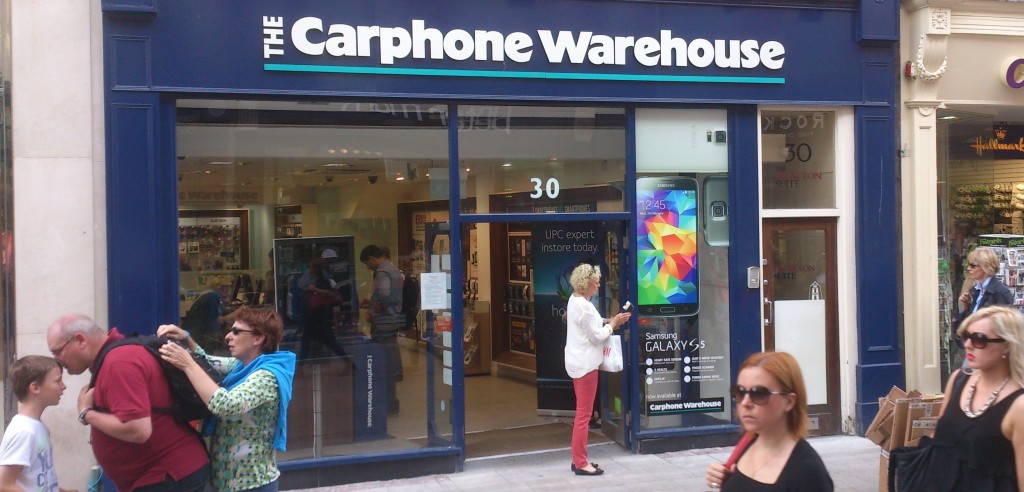Quad-play is the buzzword of the moment in Irish telecoms – and with good reason. What’s it all about?
In the old days, traditional telcos offered landline services and newfangled mobile companies offered their mobile services. Even when the fixed network owned a mobile network, these were run as separate entities (usually sharing nothing except a mutual loathing and an ultimate owner). TV wasn’t mentioned in the same breath as telecoms.
Then we started to hear about triple-play: companies offering landline (PSTN) phone lines, fixed internet and mobile telecoms – all on the same bill. Telcos started buying smaller players in order to offer triple-play. Converged services (as they were known, then) were slow to catch on, partly because the services weren’t very compelling and partly because of the internal challenges that many European telcos faced in integrating the systems and cultures of their two arms. Many who did not own both a fixed and a mobile operator became a bit-player in the other marketplace through an MVNO on mobile or reselling the landline services. Uptake was slow. Nobody working in a telco wanted to be on a triple-play project.
Then three things happened:
- Some TV companies started offering fast broadband based on superior infrastructure (e.g. Virgin in UK, UPC in Ireland). Word started to get around customers. Market share ensued.
- Mobile markets hit saturation. Where was the growth going to come from?
- The industry learned that the more services that the customer bought, the lower their churn rate.
Suddenly, the telcos wanted triple-play and even quad-play. It suits everyone. The mobile operators get to grow again, the fixed telcos get to arrest the decline of landline penetration in favour of mobile calls and mobile broadband (landline penetration rose in the last COMREG quarterly report!), and the cable / satellite TV companies get to actually take advantage of the decline of TV in favour of the internet. So now we have Vodafone buying Kabel Deutschland and planning a big shift in favour of ‘multi-screen’ aka quad-play, BT spending more than a billion euro to hoover up the rights to Champions League football, Sky aggressively marketing their broadband…
And in Ireland? Well, since their TV launch Eircom have the full deck, Sky are missing the mobile service, Vodafone are just lacking a TV offering, thanks to their investment in Perlico & BT Ireland, and O2 / Three stay focussed on mobile. UPC have three, and could easily set up a MVNO. How might Vodafone realise their stated strategy in Ireland? The near future should be interesting.
And is this a good thing? Well, yes and no. Yes, because it will become easier to buy all these products from one supplier, which may help simplify our lives – and there are discounts to attract us to these bundled offers. And no, because if quad-play becomes the norm, there will in effect be fewer vendors offering the suites of products that customers expect. The new concept of ‘service portability’ (discussed at length at a recent conference) threatens to reduce barriers to switching your quad-play offering to another supplier – but honestly, it’s hard to see it succeed in Ireland. Let’s see.


